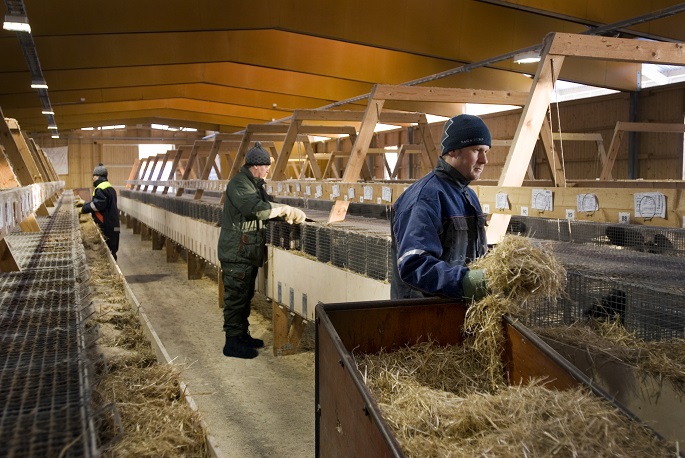Infected zone earmarked to prevent avian influenza spread
Published : 22 Jul 2023, 03:43
The Finnish Food Authority established an infected zone to prevent further spread of the avian influenza disease in the country, said an official press release on Friday.
The infected zone covers the regions of Southwest Finland, Satakunta, South Ostrobothnia, Ostrobothnia and Central Ostrobothnia.
At this moment, the infection has been diagnosed on ten fur farms. The authority will continue the investigation in this regard.
In June-July 2023, highly pathogenic avian influenza of the type H5N1 has been diagnosed in several locations in Finland.
The disease has been detected especially in gulls. In addition, the disease caused by the virus has been detected in farmed fur animals in South and Central Ostrobothnia.
It is prohibited to keep poultry and captive birds outdoors in the infected zone. The prohibition also applies to establishments with organic production. Possible exemptions can be found in the decision.
Visits by persons to the housing facilities of poultry and captive birds are prohibited if they are not necessary.
Persons visiting the housing facilities of poultry or captive birds must wear the protective clothing used only in the facility concerned and change their footwear when entering and leaving the facility.
In addition, they must wash and disinfect their hands when entering the facility. If washing hands is not possible, hands must nevertheless be disinfected.
The feed and bedding for birds must be stored in such a way that wild birds do not come into contact with them.
The designation of the infected zone will be repealed when the Finnish Food Authority assesses that there is no longer any need for it to prevent the spread of avian influenza. The Finnish Food Authority will also report separately when the designation is repealed.
The Finnish Food Authority recommends that poultry be also carefully protected in other parts of the country.
If symptoms of avian influenza, abnormal mortality or changes in production are observed in poultry or other birds, the municipal or the provincial veterinarian must be informed immediately. A decline in the consumption of water and feed or in egg production may be a sign of an avian influenza infection.
Mass deaths of wild birds and individual dead birds of prey must also be reported to the municipal or the provincial veterinarian. The municipal veterinarian will take care of sending the required samples to the Helsinki office of the Finnish Food Authority.
Avian influenza viruses are not easily transmitted to humans and being infected usually requires close contact with a wild bird, poultry, or their secretions.
The Finnish Ministry for Agriculture and Forestry on July 18 amended its animal diseases decree to include the highly pathogenic bird flu in commercial fur production animals in the class of "other preventable animal diseases.


